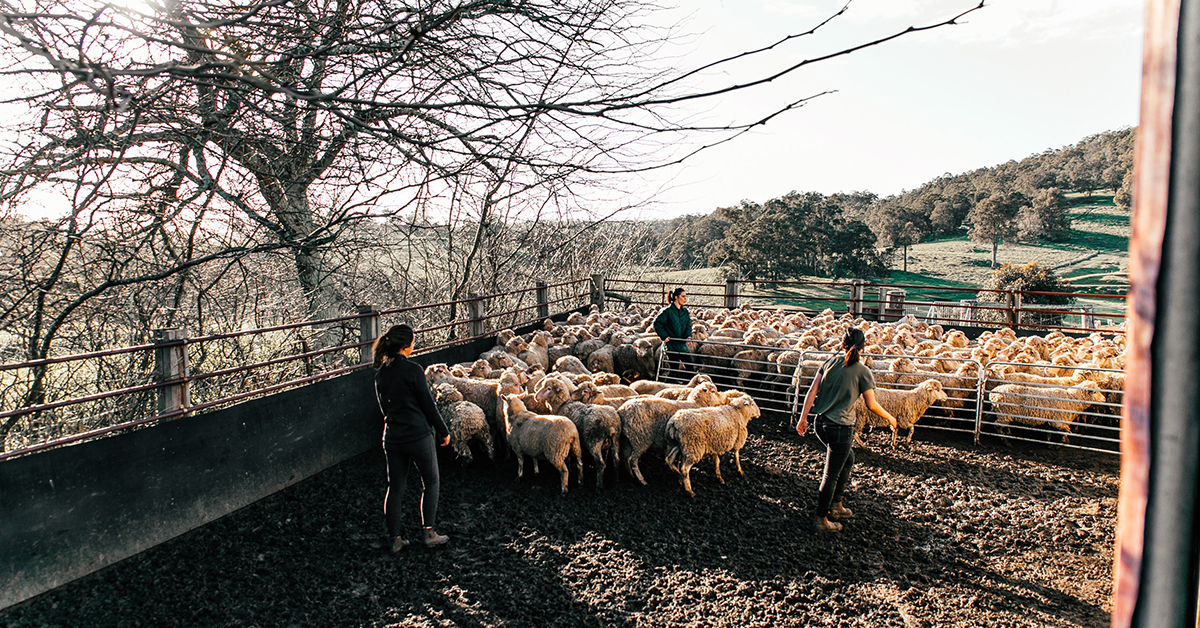Basque ethnography at a glance
Now:
I live on a farm that is registered on the REA (agricultural holdings register). Every morning, as soon as I get up, I start up my own waste-to-energy plant that is run on sustainable production biomass. This helps to cut greenhouse gas emissions and, therefore, helps to offset climate change.
I get water from the tap, which has come through a primary collection network to a DWTP (drinking water treatment plant) and then reaches my house thanks to a secondary network consisting of an intricate maze of PVC pipes. I heat the water, which meets the relevant health quality standards and is correctly chlorinated, to make a fair-trade and organic cup of coffee. I add sugar cane, which is also organic, that is brought from the other side of the world using pollution-free transport and, I suppose, that’s why they call it environmentally friendly. I wash the cup and cutlery using biodegradable washing liquid and the used water flows along a complex sanitation network to a WWTP (wastewater treatment plan). The plant ensures the water that reaches the watercourse (used to be a river) meets the community legislation enacted by Brussels, by the State, the Autonomous Community and the Provincial Council.
The coffee grounds should be put in the brown container for recycling organic matter, but as I live in the countryside, in other words, where there has been a rural exodus and it has emptied, I can throw them on the pile of organic animal waste to be used as fertilizer (previously manure).
I then go to the farm and feed the sheep, using animal feed produced by a company that meets the ISO standard with some number that I can never remember. A specialist nutritionist ensures that the feed is perfectly balanced and its composition is partly down to the prices on the Chicago futures exchanges. I can see from the label that the ingredients always include soya and maize, both marked by as asterisk to indicated that they are GMO (genetically modified organisms) and with a batch number that I have to record in a log book so they are available in case of an inspection by the authorities…
Before:
I live in a farmstead. When I get up in the morning, the first thing I do is light the stove with kindling and heat up a little water to make a cup of coffee. After washing up, I go down to the barn and give a little maize to the sheep…
Luis Manuel Peña



